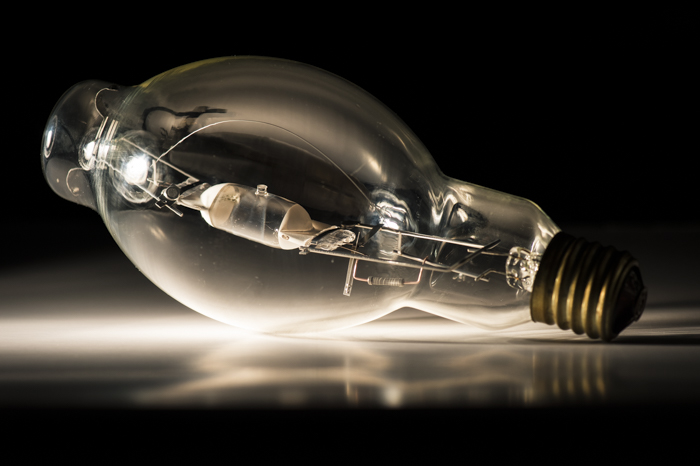By Michele S. Byers
Imagine two light bulbs side by side. One is a 12-watt LED bulb and the other is traditional 60-watt incandescent. When the switch is flipped, the two bulbs glow with the same amount of light. But the LED bulb uses 75-80% less energy. This means lower electric bills and less pollution.
States are like light bulbs: Some use energy efficiently … and others not so much.
So which states are the nation’s brightest lights of energy efficiency? According to the American Council for an Energy-Efficient Economy’s 2019 scorecard, Massachusetts and California outshine all the rest. They’re followed by Rhode Island, Vermont and New York.
New Jersey was ranked 17th, moving up a spot from last year but still lagging way behind many northeastern states. But New Jersey was identified as a state to watch, thanks to its ambitious clean energy goals and ongoing efforts to strengthen energy efficiency programs.
At the bottom of the rankings were Louisiana, West Virginia, North Dakota and Wyoming.
The nonprofit American Council for an Energy-Efficient Economy puts out an annual scorecard to encourage states to boost energy efficiency and reduce greenhouse gas emissions.
“State leadership on energy efficiency is more important than ever for ushering in the low-carbon future we need,” said Steve Nadel, the council’s executive director. “If states embrace robust energy-saving measures nationwide, Americans can slash greenhouse gas emissions by 50% and deliver more than $700 billion in energy savings by 2050.”
Governor Murphy and the state legislature have showed strong national leadership by mandating an Energy Efficiency Resource Standard as a key component of New Jersey’s new Clean Energy Act, passed in 2018. The state will require New Jersey utilities to achieve at least a 2% savings each year on electric consumption and a .75 annual reduction in gas usage, and likely much more.
Here are some other steps New Jersey can take to reduce energy consumption:
- Transportation – New Jersey electric vehicle registrations increased in 2018. And the state offers consumer incentives for high-efficiency vehicles. This year, Governor Murphy announced the New Jersey Partnership to Plug-In, a first-of-its-kind initiative to promote electric vehicles, with a goal of registering 330,000 Zero-Emission Vehicles by 2025.
- Buildings – New Jersey has adopted the 2018 International Energy Conservation Code and the American Society of Heating, Refrigerating and Air-Conditioning Engineers code, which both promote efficiency.
- Combined heat and power – The New Jersey Clean Energy Program offers financial incentives for combined heat and power facilities. The state’s Superstorm Sandy Action Plan also includes funding for combined heat and power to increase the system’s resiliency.
- State-led initiatives – New Jersey will rejoin the Regional Greenhouse Gas Initiative (RGGI), with plans to invest proceeds to improve efficiency programs.
New Jersey is on the path to achieving greater efficiency gains but has more to do, as the rankings show.
Energy efficiency is critical to reducing emissions, helping consumers save money, and creating tens of thousands of good, local jobs. Energy efficiency also saves land by reducing “energy sprawl” – the enormous amount of land needed for extracting, harvesting, processing and transporting fuels.
New Jersey must build on this momentum and advance energy efficiency in all sectors. If other states can do it, so can we.
To read the state energy efficiency scorecard, go to https://aceee.org/sites/default/files/publications/researchreports/u1908.pdf.
To learn about a new report on energy efficiency jobs in New Jersey, go to https://rethinkenergynj.org/new-jersey-in-top-10-states-for-renewable-energy-jobs-report-shows/.
And for information about preserving New Jersey’s land and natural resources, visit the New Jersey Conservation Foundation website at www.njconservation.org or contact me at [email protected].
Michele S. Byers is the executive director of the New Jersey Conservation Foundation in Morristown.

